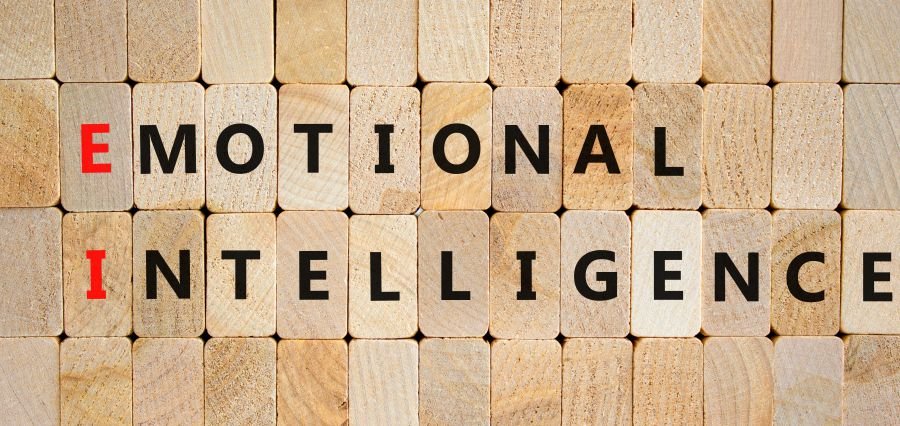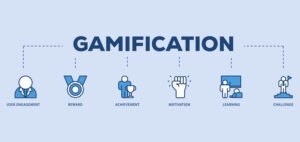In recent years, the importance of emotional intelligence (EI) in education has gained recognition as educators and researchers recognize its profound impact on student success and well-being. Emotional intelligence refers to the ability to recognize, understand, and manage one’s own emotions, as well as the ability to recognize, understand, and influence the emotions of others.
In this article, we explore the critical role of emotional intelligence in education and how it contributes to fostering student success in academic, social, and emotional domains.
Emotional Regulation and Self-Awareness:
Emotional intelligence plays a pivotal role in helping students develop emotional regulation and self-awareness skills. By understanding their own emotions and learning how to regulate them effectively, students can better manage stress, anxiety, and frustration, leading to improved focus, attention, and academic performance. Self-awareness allows students to recognize their strengths and weaknesses, set realistic goals, and develop a growth mindset that promotes resilience and perseverance in the face of challenges.
Social Skills and Relationship Building:
Emotional intelligence also facilitates the development of social skills and relationship-building abilities among students. By understanding and empathizing with the emotions of others, students can establish positive relationships, resolve conflicts, and collaborate effectively with peers and teachers. Strong social skills are essential for creating a supportive and inclusive learning environment where all students feel valued, respected, and empowered to contribute to classroom discussions and activities.
Empathy and Perspective-Taking:
Empathy, a core component of emotional intelligence, enables students to understand and appreciate the perspectives and experiences of others. Through perspective-taking exercises and empathy-building activities, students learn to step into the shoes of their peers, recognize commonalities, and embrace diversity. Empathy fosters compassion, kindness, and tolerance, promoting a culture of acceptance and inclusivity that celebrates individual differences and promotes mutual respect among students from diverse backgrounds.
Stress Management and Coping Strategies:
Emotional intelligence equips students with effective stress management and coping strategies to navigate the challenges of academic and personal life. By learning how to identify and cope with stressors in healthy ways, students can reduce the negative impact of stress on their mental and physical well-being. Mindfulness practices, relaxation techniques, and positive self-talk are examples of coping strategies that promote emotional resilience and well-being, enabling students to thrive in the face of adversity.
Emotional Intelligence in Academic Achievement:
Research has shown a positive correlation between emotional intelligence and academic achievement. Students with higher levels of emotional intelligence tend to perform better academically, exhibit greater motivation and engagement in learning, and demonstrate stronger problem-solving and critical thinking skills. By integrating emotional intelligence competencies into the curriculum, educators can enhance student learning outcomes and prepare them for success in school and beyond.
Cultivating Growth Mindset and Resilience:
Emotional intelligence encourages the development of a growth mindset—a belief that abilities can be developed through dedication and hard work. Students with high emotional intelligence are more likely to embrace challenges, view failures as opportunities for learning, and persist in the face of setbacks.
By promoting a growth mindset and resilience, educators empower students to overcome obstacles, take risks, and achieve their full potential both academically and personally. Cultivating a culture of growth mindset and resilience fosters a sense of agency and efficacy among students, motivating them to pursue ambitious goals and aspirations.
Preparation for Success in the Workplace:
Beyond the classroom, emotional intelligence is a crucial predictor of success in the workplace. Employers increasingly value employees who possess strong interpersonal skills, emotional resilience, and the ability to collaborate effectively with others. By nurturing emotional intelligence in students, educators equip them with essential skills for navigating the complexities of the modern workforce and thriving in diverse professional environments.
Students who develop emotional intelligence during their formative years are better prepared to communicate effectively, build relationships, and adapt to changing circumstances in their future careers.
Parent and Community Engagement:
Emotional intelligence extends beyond the classroom and encompasses relationships with parents, families, and the broader community. Educators with high emotional intelligence are skilled at engaging parents and caregivers in their children’s education, fostering strong partnerships based on trust, respect, and open communication. By involving parents in school activities, seeking their input, and addressing their concerns with empathy and understanding, educators strengthen the home-school connection and create a collaborative support network that enhances student learning and well-being.
Continuous Professional Development:
Lastly, fostering emotional intelligence in education requires ongoing professional development and support for educators. Schools and districts can provide training, workshops, and resources to help teachers enhance their emotional intelligence competencies and integrate SEL practices into their teaching. By investing in educators’ growth and well-being, educational institutions create a culture of lifelong learning and continuous improvement that benefits both educators and students alike. Through collaborative professional development initiatives, educators can share best practices, learn from one another, and collectively promote the importance of emotional intelligence in education.




